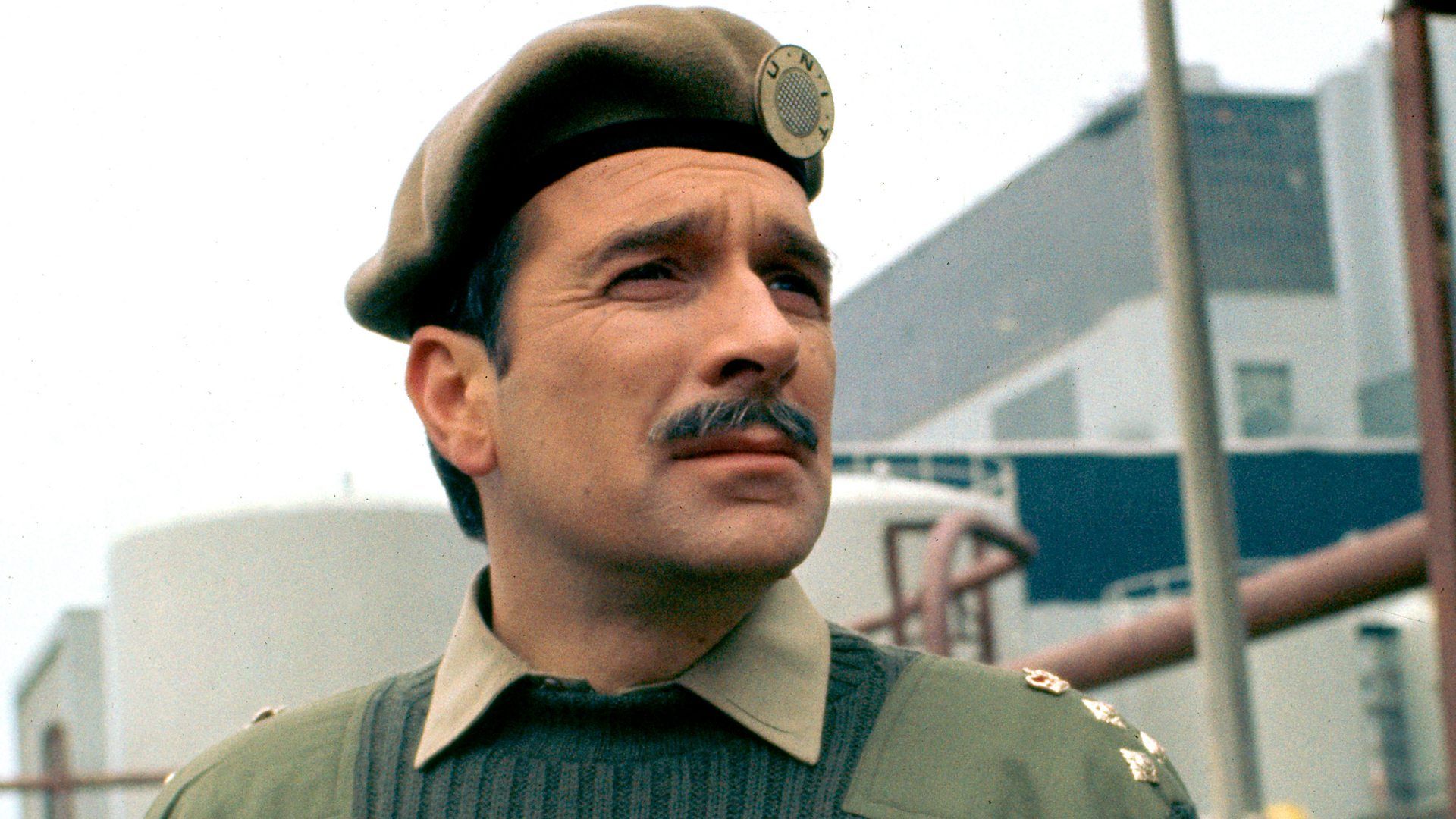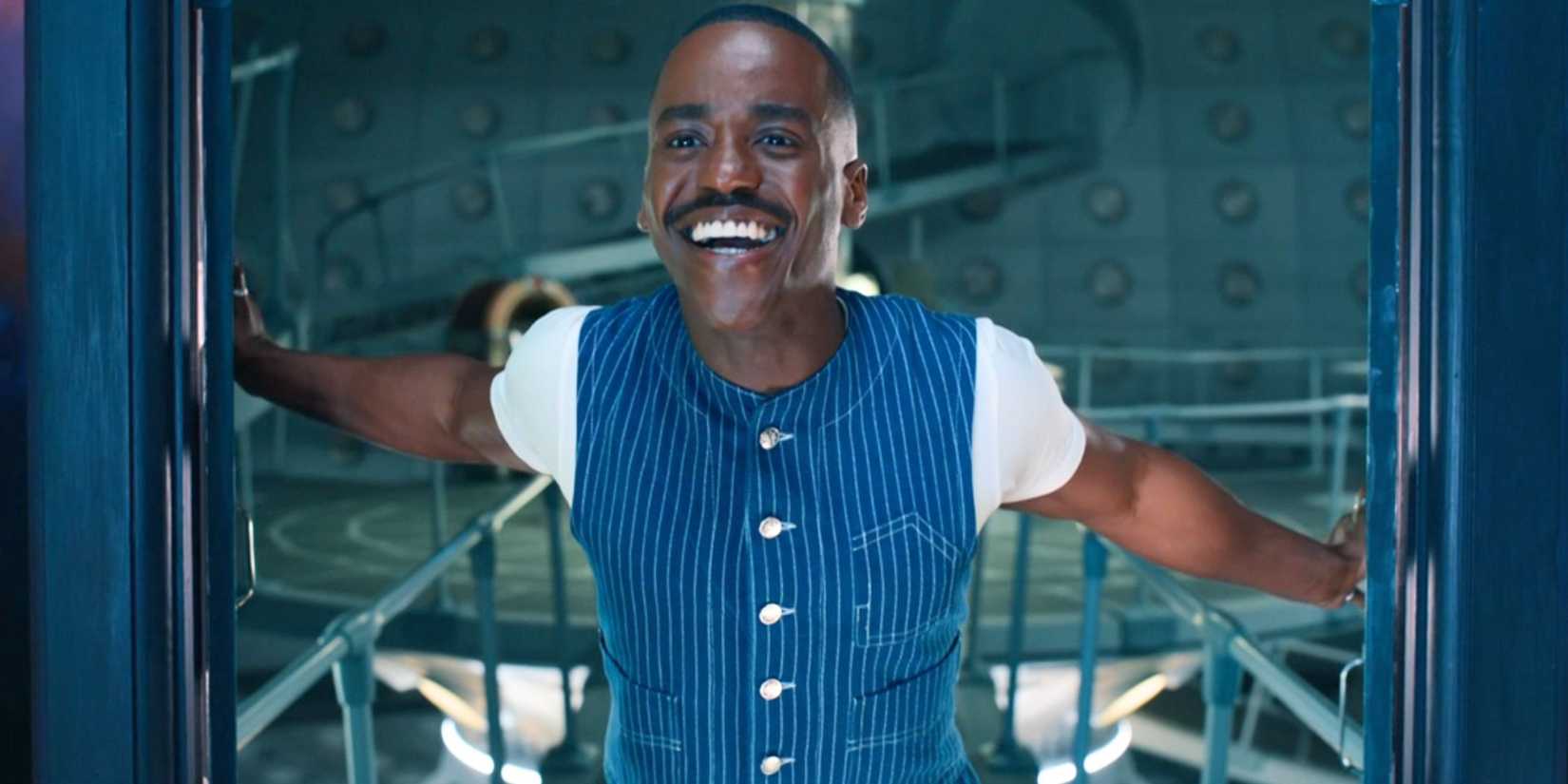
The UK and Ireland have given us many fantastic TV shows, from beloved comedies like Only Fools and Horses and I’m Alan Partridge to gripping thrillers such as The Prisoner and Utopia. We’ve also enjoyed smart crime dramas like Peaky Blinders and Luther, and the iconic game show Gladiators. But despite all this success, only one show truly deserves the title of “best of British.”
It’s surprising how many times this show has come close to being canceled, almost as often as its hero faces danger. While TV shows getting canceled isn’t unusual, most aren’t as resilient. A handful survive thanks to dedicated fans or unexpected revivals, but Doctor Who stands out as a show that has repeatedly avoided cancellation, and done so remarkably well.
Why Doctor Who Is The Greatest British TV Show Of All Time

For more than 60 years, the core of Doctor Who has stayed remarkably consistent. Though it originally aimed to teach children about history, the show soon became known for offering hope in the face of unfairness, oppression, prejudice, and cruelty. The Doctor evolved into a strong moral figure – a symbol of security in a confusing world. It wasn’t just about running from and fighting aliens; the show consistently demonstrated that kindness, cleverness, and peaceful solutions can ultimately triumph.
While many British TV shows explore similar ideas, Doctor Who is unique in its ability to constantly reinvent itself over the decades. It’s managed to stay current while still capturing the same core feeling that defined the show when it began in the 1960s.
The show skillfully evolved the Doctor’s personality, moving from a grandfatherly figure to a lovable but slightly unreliable uncle. It also dared to explore serious emotions, like grief, with the death of Adric – a first for Doctor Who. And the Seventh Doctor wasn’t always a hero, with hints of darkness revealing his imperfections.
Since 2005, Doctor Who has consistently evolved with fantastic additions like well-developed companions, more diverse characters, and the Doctor becoming more emotionally open. What makes the show so special is its ability to refresh its core values with each new era. Doctor Who doesn’t just mirror the current world; it offers a hopeful vision of a brighter future, even during difficult times.
Because of its long run and unique stories, Doctor Who is now instantly recognizable around the world. Even if you’ve never watched the show, you’d likely know the TARDIS – that famous blue police box – and the name Doctor Who. This widespread recognition proves how strong and appealing the show’s central idea truly is. Deep down, everyone hopes that when things look their darkest, a friendly face will arrive to offer help, maybe even with a smile and a sweet treat.
A Brief History Of Time Doctor Who Almost Getting Canceled

It’s no surprise that the idea of the Doctor ‘dying’ first appeared when William Hartnell, the original actor, could no longer play the part. The clever solution of ‘regeneration’ – transforming the Doctor into a new body – rescued the show and allowed it to continue traveling through time and space for over sixty years.
By the time the Second Doctor’s run ended, Doctor Who was in serious trouble, and the BBC was thinking about cancelling it altogether. However, the Third Doctor’s era, with its focus on action and the Doctor being stranded on Earth, managed to save the show. This paved the way for one of Doctor Who‘s most popular periods with Tom Baker as the Doctor.
In the 1980s, BBC executive Michael Grade famously tried to cancel Doctor Who. This led to a desperate attempt to save the show with the charity single “Doctor in Distress.” While Doctor Who wasn’t immediately canceled, it lost BBC support and was moved to a less desirable time slot. Eventually, declining viewership led to the show’s cancellation in 1989.
Despite numerous attempts, the Doctor wouldn’t stay gone. Though the character continued in books and other printed stories, the 1990s TV movie with Paul McGann didn’t manage to revive Doctor Who. The show then went through a difficult time, surviving only through audiobooks and other media formats.
Doctor Who has repeatedly overcome cancellation, and the 2005 revival was particularly successful. Thanks to showrunner Russell T Davies and actor Christopher Eccleston, the show attracted a new generation of fans. It continued to thrive until 2010 when David Tennant left, leading to renewed discussions about whether the series should continue, as Steven Moffat has explained.
Recently, the future of Doctor Who was uncertain. After Ncuti Gatwa left and season 15 finished airing, the show’s co-production deal with Disney ended, and there was little news about what would happen next. However, Doctor Who has a history of overcoming challenges, and it seems the show will continue. A Christmas special is planned for 2026, along with a brand new series.
Read More
- All Golden Ball Locations in Yakuza Kiwami 3 & Dark Ties
- All Itzaland Animal Locations in Infinity Nikki
- NBA 2K26 Season 5 Adds College Themed Content
- Elder Scrolls 6 Has to Overcome an RPG Problem That Bethesda Has Made With Recent Games
- What time is the Single’s Inferno Season 5 reunion on Netflix?
- Hollywood is using “bounty hunters” to track AI companies misusing IP
- Heated Rivalry Adapts the Book’s Sex Scenes Beat by Beat
- Unlocking the Jaunty Bundle in Nightingale: What You Need to Know!
- EUR INR PREDICTION
- BREAKING: Paramount Counters Netflix With $108B Hostile Takeover Bid for Warner Bros. Discovery
2025-11-08 23:38